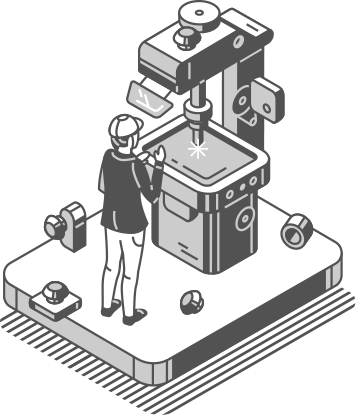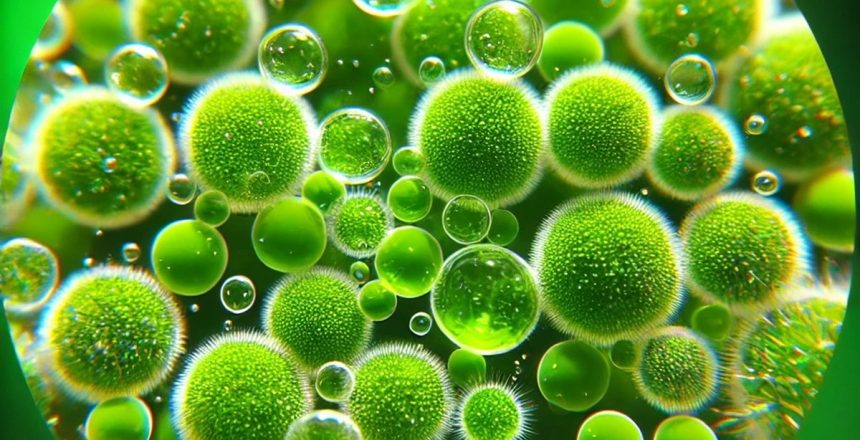Those in charge of the project are already working towards the objective of reaching a capital of approximately 30 million euros, which is the figure at which the project is valued. Of this amount, 15 million will correspond to public investment and the other half to private investors. At the same time, they have begun the procedures for the construction and start-up of the first 20,000 square metres of large-scale cultivation of microalgae, ‘based on a biorefinery model for the extraction of active compounds, with an initial capacity of 60 tonnes per year of spirulina biomass, the first strain that will enter into cultivation and production’, explained the company, based in Tudela (Navarra).
José Ramón Pérez, CEO of Microalgas Future, points out that ‘we are facing one of the most challenging and inspiring projects of recent years. In it, we will combine new aspects and applications focused on health, cosmetics and food supplements, as well as being deeply involved in decarbonisation processes, wastewater recovery and circular economy’.
Microalgas Future’s research laboratories are designed to house 25 researchers simultaneously, both national and European. The company aims to attract international PhD students and establish links with European universities to become an international reference centre.
Three main strains
The biotech company will focus on three main strains and expects to create 60 jobs in the first phases of the project alone. The strains that will be the focus of the research are: **Spirulina**, known for its high concentration of plant protein; **haematococcus**, noted for its antioxidant properties; and **Schizochytrium**, a source of vegan Omega 3. According to the company, these strains were selected as containing the highest concentration of Omega 3, plant protein and antioxidants on earth, although other strains will be added as the research progresses.
Extracts from these three strains will be used as valuable ingredients in a variety of food, cosmetic and nutritional products. In addition to their multiple health benefits, these extracts will contribute significantly to the pharmaceutical sector and decarbonisation processes, as each gram of microalgae can remove 2 grams of CO2.
Source: Expansión.com




